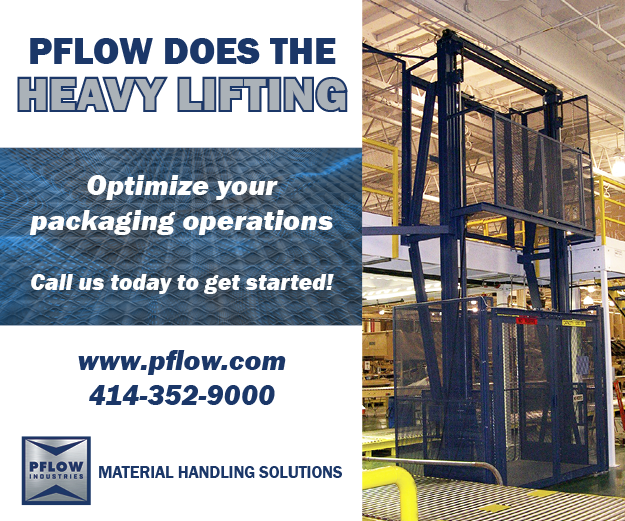Inland Packaging Utilizes Tilia Labs Technology
 Inland Packaging announced that tilia Phoenix dedicated artificial intelligence technology has streamlined production at its facility in La Crosse, Wis., and facilitated an ongoing program of technical innovation. The solution from Tilia Labs, a developer of planning, imposition and automation software solutions for the graphic arts industries, has been saving hours on customer orders since its installation as well as delivering efficiencies for prepress operatives.
Inland Packaging announced that tilia Phoenix dedicated artificial intelligence technology has streamlined production at its facility in La Crosse, Wis., and facilitated an ongoing program of technical innovation. The solution from Tilia Labs, a developer of planning, imposition and automation software solutions for the graphic arts industries, has been saving hours on customer orders since its installation as well as delivering efficiencies for prepress operatives.
Inland Packaging reportedly made the decision to invest in tilia Phoenix to alleviate pre-production bottlenecks that were becoming increasingly problematic with a growing customer base and more jobs per customer.
“Things that work when you’re smaller don’t work when you have double, triple, quadruple the orders. As production ramped up, the amount of manpower we would need to force jobs through was daunting,” said Willie Spindler, Inland’s business analyst and programmer. “My chief concern was ensuring that, from order to production, the amount of effort required is as minimal as possible. After getting Tilia Labs in to give us a demo, we realized right away that Phoenix was exactly the solution we’d been looking for.”
Tilia Phoenix is an open-API planning and imposition application that uses artificial intelligence (AI) to fully automate the creation of effective, print-ready impositions across potentially millions of possibilities. Before discovering the tilia Phoenix solution, pre-production had been a very manual process for the Inland team.
“Our comboing and gang-run process essentially involved our planners looking at a set of demand orders and, through tribal knowledge and years of experience, picking and choosing what they thought would be best,” said Spindler. “Our planning department now saves a huge amount of time and for customer orders many hours are being saved. We’ve got integration built up-front that feeds Phoenix these demand orders so there’s no issues with data entry.”
The system factors in parameters, such as job specifications (quantity, dimensions, colors, substrates), presses/print devices, postpress requirements and delivery considerations, to suggest optimal layout options. When a final option has been selected, tilia Phoenix generates print-ready layouts and JDF or die instructions for all devices in the production chain.
Exploiting a Phoenix feature called Cover Sheet, which allows Inland to embed product info into the barcode, tilia Phoenix has reportedly made the company’s verification systems much more effective.
For more information, visit www.tilialabs.com







